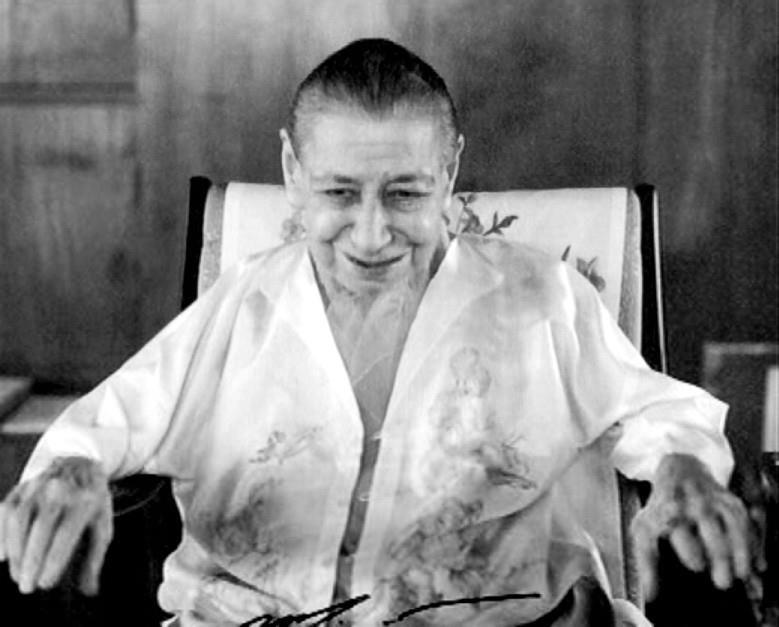Suffering and Detachment

Meaning of Psychic Self Control
09/11/2024
Desire, Aspiration, Selfishness & Self-Realisation
09/14/2024No action should be deemed good, no action should be undertaken until we know its immediate and, if possible, its distant consequences, and until it appears that they must in the end add, however little, to earthly happiness. But to be able to give a sound judgment on the matter, this judgment must in no way be disturbed by any personal preference, and this implies self-detachment.
Not the detachment which is equivalent to the annihilation of the capacity to feel, but the detachment which brings about the abolition of the capacity to suffer.
By this you should understand that for the time being I am excluding insensitive people, those who do not suffer because the substance they are made of is still too unrefined, too crude to feel, those who are not even ready for suffering.
But of those who have achieved a high development of sensitivity, it can be said that their capacity to suffer is the exact measure of their imperfection.
Indeed, the expression of a true psychic life in the being is peace, a joyful serenity.
Any suffering is therefore a precious indication to us of our weak point, of the point which demands a greater spiritual effort from us.
Thus, to cure in ourselves this attraction for suffering, we must understand the absurdity, the petty egoism of the various causes of our sufferings.
And to cure our excessive and ridiculous desire for sacrifice—too frequently for its own sake, regardless of any useful results—we must understand that if we are to remain in contact with all human sufferings through our sensitivity, we must also be vigilant and discerning enough to dissolve these sufferings as they come; to the clear-sighted, they are purely imaginary.
For, from this point of view, the only way to come to the help of men is to oppose to their suffering an immutable and smiling serenity which will be the highest human expression of Impersonal Love.
Ref : Words of Long Ago




